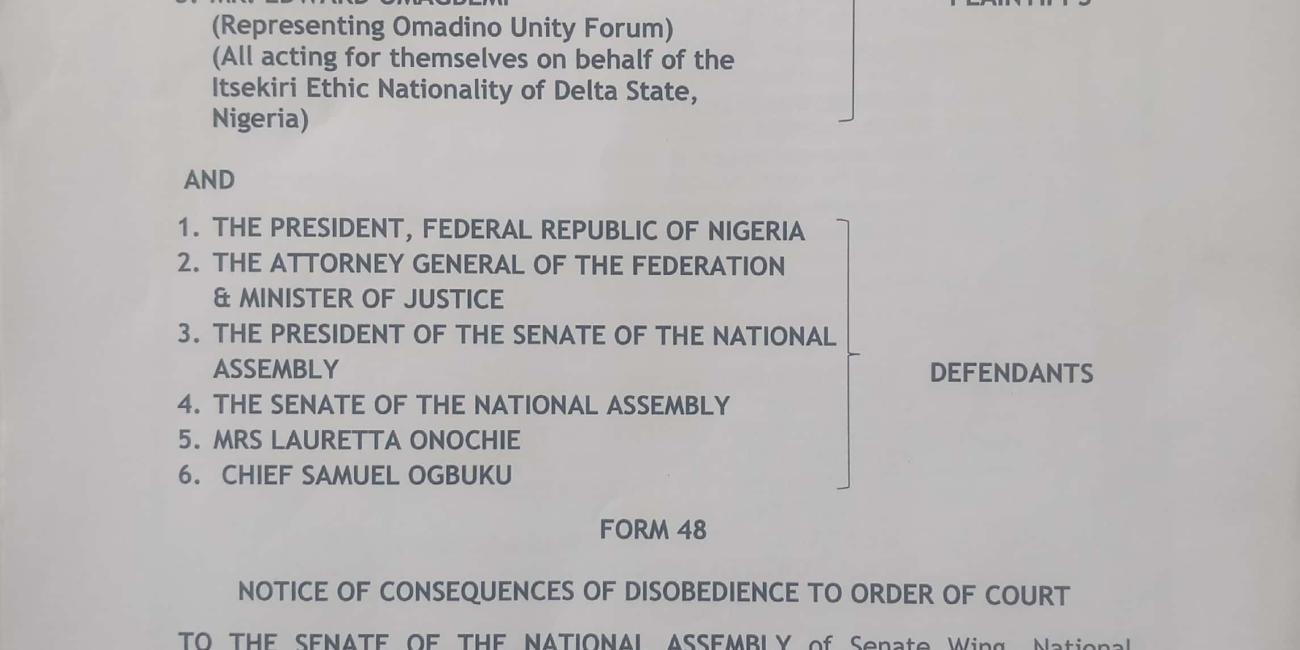Many transport workers, especially commercial drivers in Lagos, have become addicted to the daily consumption of energy and other alcoholic drinks despite repeated warnings from health experts that such a habit could cause dire health problems. PUNCH HealthWise, in this report, investigates this culture of addiction to energy drinks by drivers in Lagos. AMARACHI OKEH reports
Sitting at a spot in the garage located in Terminal One at Oshodi after returning from his first interstate trip from Ibadan to Lagos, Lasisi Ahmed – a tall and dark-skinned man takes a sip from a bottle containing a dilution of his favourite drink.
Ahmed is one of the many drivers in the rowdy Oshodi park in Lagos.
Speaking with PUNCH HealthWise about his love for energy drinks, Ahmed said he could not go a day without taking at least 12 sachets of his favourite energy drink, passion.
He boasted that many people now call him the name of the brand of energy drink that he is loyal to. He added that even his children call him baba passion.
Energy drinks give me power to drive
“It gives me energy as a driver. I drink like two packs per day. It gives me energy for work, especially when I am stuck in heavy traffic or when I enter bad roads. I take it so that I don’t become weak and sleep off while driving.
Asked if he can ever go a day without taking even a sachet of his favourite brand, he laughed, telling our correspondent that “This thing has ‘magnated’ me. I can’t go a day without it. If I don’t take it a day, I don’t know what will happen,” he said.
But when our correspondent asked if he was aware he might be addicted to the drink, he laughed it off, stating that it has never had any adverse effect on him because he sometimes takes it even before bedtime.
In Nigeria, energy drinks are categorised under soft drinks; hence the tendency for their abuse. Many of those who drink them are hardly bothered about-the drinks having any adverse effects.
Research by Marketing Edge, a marketing company stated that the energy drink market is now a ‘lucrative and viable sector’ with the market forecasted to have a yearly consumption growth of over 6.5% by 2022.”
Caffeine is the major ingredient in energy drinks, but their concentration varies according to different brands. Energy drinks can also contain other ingredients such as guarana (another source of caffeine), sugars, taurine, ginseng, B vitamins, glucuronolactone, Yohimbe, carnitine, and bitter orange.
Experts have, however, warned against the regular intake of energy drinks. They stated that regular energy drink consumption had been linked with several medical problems, including seizures, anxiety, hallucinations, arrhythmias, and other cardiovascular complications.
In 2016, the World Health Organisation stated that energy drinks are “a danger to public health,” after the agency found that the consumption of such beverages was on the rise.
The manufacturers of this drink promise that their drinks will re-invigorate the users and enhance mental alertness and physical performance hence the dependency on this drink by the users who believe these claims.
During our correspondent’s visit to the ever-busy Oshodi bus stop, it was observed that no drink vendor was without different brands of cold energy drinks in their stash.
The targets for the sellers are majorly the bus drivers, like Ahmed, loaders, commuters, and passers-by.
One of the sellers told our correspondent that the energy drinks were in high demand and often the first to finish before the soft drinks or water even.
I can’t take energy drinks alone, I must mix them with alcohol



Connect with us on our socials: